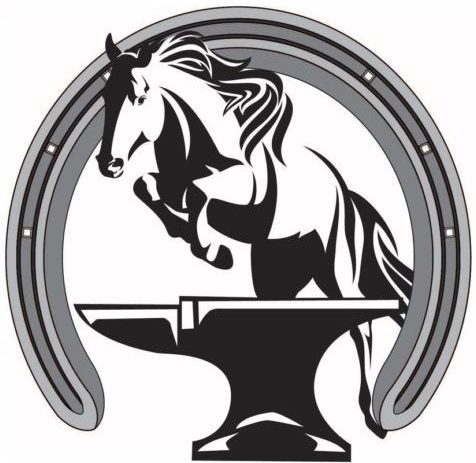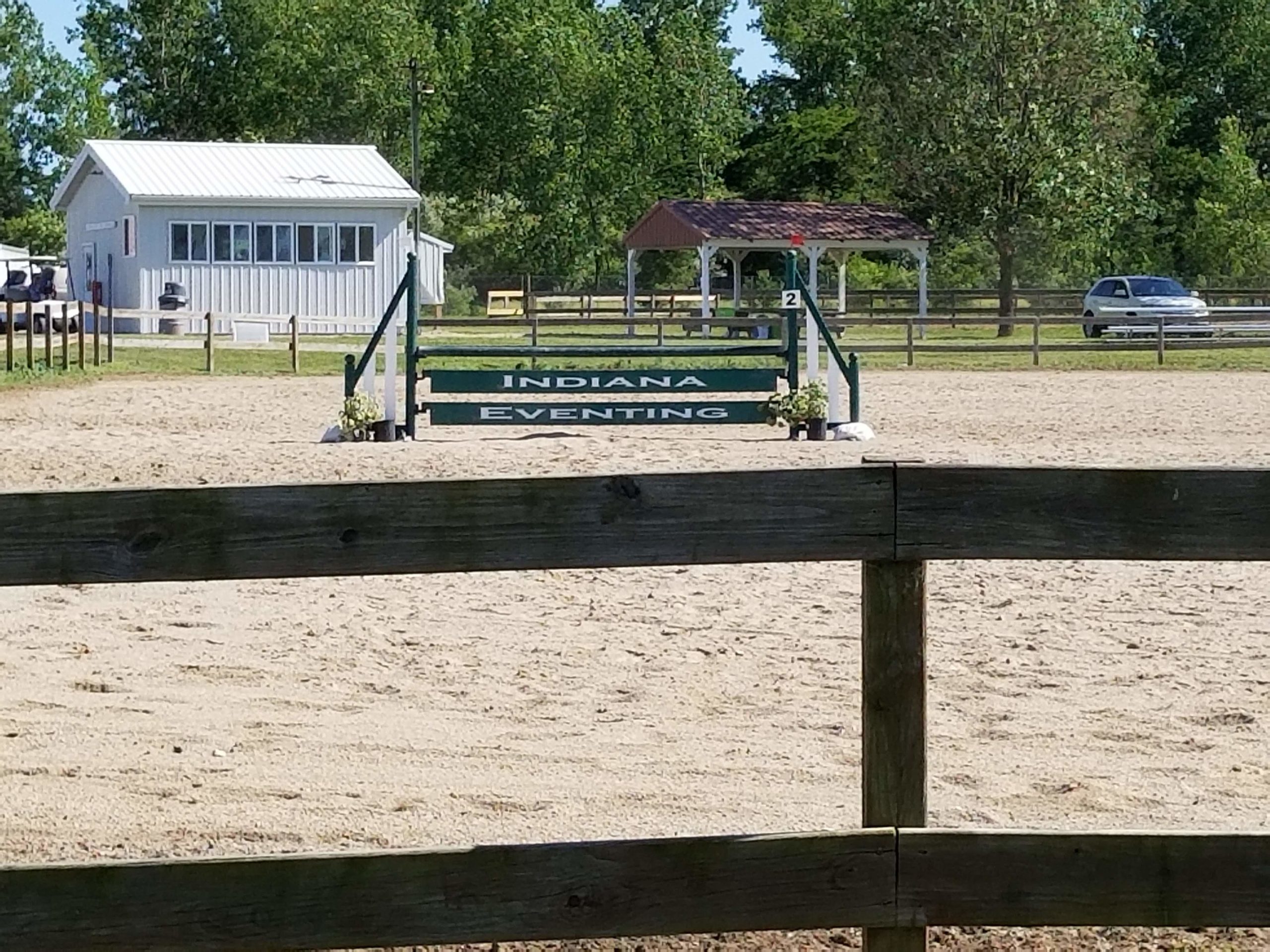This blog post and the next will focus on hoof care as it relates to showing horses. Today, we will be addressing show organizers and next month we will focus on horse owners. For show organizers, two important considerations to keep in mind while planning are the arenas being utilized and the on-site farrier. Both of these, the type and maintenance of the arena and the competency and readiness of the farrier, can have a major impact on the satisfaction and turn out of show attendees.
Arena
The arena composition will depend on the competition. The arena will have a direct impact on each horse and rider. Maintenance of the footing should keep the entire surface consistent for each competitor throughout the entire show. One thing to be noted is that the newer synthetic footings are extremely hard on horses. It tends to be rather “sticky” causing an increase in shock to the leg.
On-site Show Farrier
The type of show will determine whether or not a farrier on hand is wise or even necessary. For example, three day eventing should always have a farrier on-site due to the high risk of a lost shoe and the possibility of a premature end of the competition if the rider is not able to locate a farrier in time, decreasing their chances of returning the following year. By providing an on-site farrier, show organizers can assure that riders will not have the added stress of trying to find a farrier.
On-call Show Farrier
Some disciplines have a low incidence of pulled shoes and thus may not need a farrier on-site for the entire show. As a show organizer, having an agreement with a local farrier to be “on-call” can be great help to your attendees so they will not have to make calls to find someone available. We receive multiple calls a year from showgrounds hours away with someone needing a shoe back on to continue showing. Unfortunately, many time it does not work out for that rider to find a farrier close enough.
Selecting a Show Farrier
There are three main options when choosing a farrier for a show. A younger, less experienced farrier may be cheaper and have greater availability, but may not have the skill or inventory required to deal with every case that may be presented at the show. Using a local farrier that specializes in the discipline is a great option, but it is necessary to book them out several months in advance due to most farriers booking clients several weeks out. There are also farriers that specialize in working at shows. Regardless of the farrier selected, riders are bringing horses, each with a different regular farrier, and the show farrier must be able to work with each horse and style presented. It is also vital to station the farrier in an area that is safe and easily accessible.

